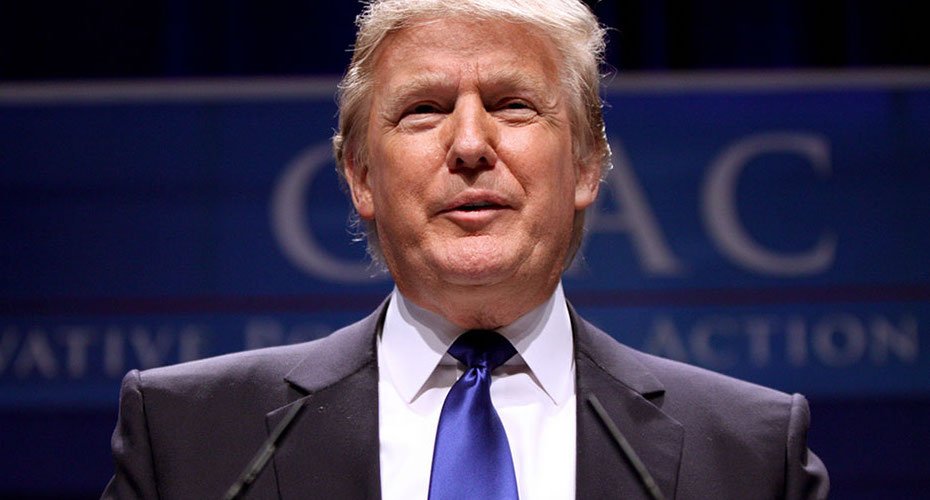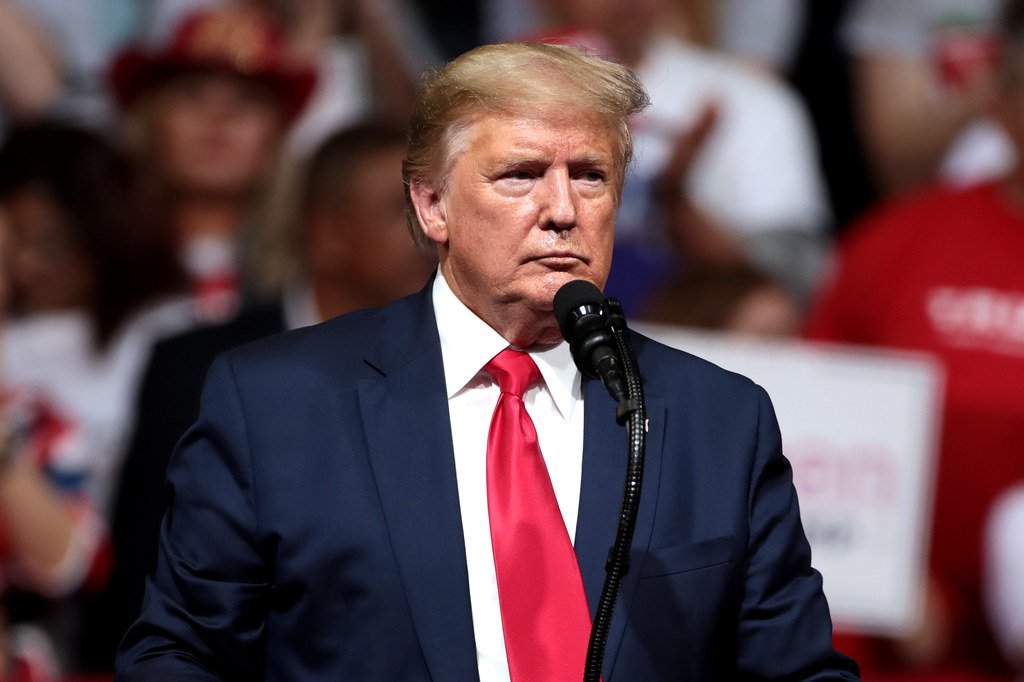BlogHear.com | 15 May 2025
JOHANNESBURG, SOUTH AFRICA — President Cyril Ramaphosa has criticized a group of 59 white South Africans who relocated to the United States, labeling them “cowards” for fleeing the country. This group, mostly Afrikaners, was granted refugee status by President Donald Trump, who claimed they were facing racial discrimination in South Africa. Ramaphosa, however, expressed disapproval, emphasizing that South Africans should not run from their problems.
Afrikaners Move to the US
The group of Afrikaner descendants, who arrived in the U.S. on Monday, were welcomed by U.S. officials who suggested they had been living in constant fear of violence and terror in South Africa. In a ceremony at Dulles Airport near Washington D.C., Deputy Secretary of State Chris Landau greeted the newcomers, some of whom were seen holding young children and waving American flags.
Trump and his ally, Elon Musk, have both supported the Afrikaner resettlement, citing what they claim to be a “genocide” of white farmers in South Africa—a view that has been widely discredited by experts and officials.
Ramaphosa Responds: “Cowardice”
Ramaphosa strongly rejected the notion that white South Africans were being persecuted in their home country. Speaking at an agricultural exhibition in South Africa’s Free State province, the president stated that the individuals who chose to leave were not committed to reconciliation efforts aimed at addressing the lingering inequities of apartheid.
“As South Africans, we are resilient. We don’t run away from our problems. We must stay here and solve our problems. When you run away, you are a coward, and that’s a real cowardly act,” Ramaphosa declared.
He further suggested that those who left would eventually return, stating: “I can bet you that they will be back soon because there is no country like South Africa.”
The Disputed Claims of Persecution
Trump’s decision to offer refuge to the Afrikaner group was based on his assertion that they were fleeing a “terrible situation” in South Africa. The issue has become a focal point of controversy, particularly regarding claims that white farmers are the victims of widespread attacks.
However, these claims have been criticized. While racial tensions persist in South Africa, especially in relation to land redistribution, the government has denied that there is a “genocide” against white farmers.
In January 2025, Ramaphosa signed a controversial law that allows for land expropriation without compensation, intended to address land imbalances that remain from the apartheid era. Yet, the government has stated that no land has yet been seized under the law.
South Africa’s Government Denies Persecution of White Farmers
The South African president also commented on the matter during a phone call with President Trump, telling him that the situation described by the U.S. was “not true.” According to Ramaphosa, South Africa is the only country in Africa where colonizers came to stay, and no group has been forcibly removed from the country.
Ramaphosa rejected the idea that the Afrikaners who relocated met the criteria for refugee status, citing the U.S. requirements that one must show past persecution or a well-founded fear of future persecution.
Trump Threatens to Boycott G20 Summit
The ongoing dispute has escalated tensions between the U.S. and South Africa. President Trump has threatened to boycott the upcoming G20 summit in South Africa unless he receives a satisfactory resolution regarding the treatment of white South Africans.
Ramaphosa is expected to meet with Trump soon to discuss the issue further.
Public Reactions to Ramaphosa’s “Coward” Remark
Ramaphosa’s use of the term “coward” sparked mixed reactions, with some social media users condemning it as an insult to the aggrieved white South Africans who feel their plight has been ignored. Others defended the president, agreeing with his stance that fleeing was not the solution to the country’s ongoing issues.
For more updates on global political issues, visit BlogHear.com.




